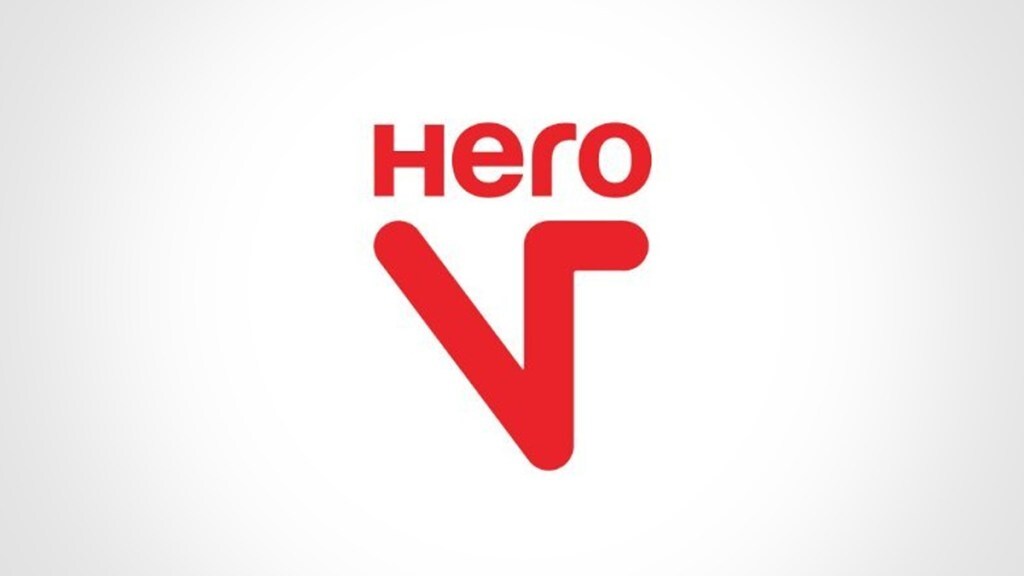Initial excitement around how remote education tools would promote greater access has died down. A Dalberg study on education during Covid-19 showed that only the top slice – largely, urban and private school students – benefited from the edtech boom of 2020-22. Venture funding in India’s edtech startups more than halved from $4 billion in 2021 to $1.8 billion in 2022, according to PwC’s Startup Deals Tracker CY22. Akshay Munjal, founder & CEO of Hero Vired, however, believes that edtech will make a comeback, thanks to generative AI and the increasing demand for skill-based training programmes for bridging the industry-academia gap. In an interview with FE’s Vikram Chaudhary, he says that technology supports the idea of lifelong learning. Excerpts:
The edtech surge we saw during Covid-19 seems to have died down. How do you foresee the industry evolving?
Edtech emerged as an attractive learning platform during the pandemic, saw a blip post-pandemic, but now it’s poised to grow, thanks to tectonic shifts in technology. Artificial intelligence (AI) coupled with machine learning (ML) will aid in personalised learning. By 2025, edtech spending will shift towards new categories. Investment on augmented and virtual reality products will reach $12.6 billion (up from $1.8 billion in 2018), and spending on AI solutions will increase to $6.1 billion.
Despite the post-pandemic blip, there are immense opportunities for growth. There is an increasing demand for skill-based training programmes for bridging the industry-academia gap. Also, as global audiences can potentially be reached by edtech, a lot of our home-grown platforms can become global players.
How real is the skills gap?
India Inc is being pushed to reevaluate its hiring and upskilling culture due to the advent of disruptive technologies, which is creating enormous skill gaps. About 40% of workers will need to reskill due to AI and automation in the next three years, translating to 1.4 billion of the 3.4 billion global workforce.
What about India?
India will need 30 million digitally-skilled professionals by 2026, and 50% of the current workforce will need to reskill in emerging technologies, according to a report by TeamLease. We, at Hero Vired, offer courses across five domains – data science, technology, finance, management, and future tech – in collaboration with MIT, INSEAD and University of Chicago, as well as Snapchat and Nodwin Gaming.
What is future tech?
It includes certificate programmes in extended reality (VR plus AR), and in gaming and e-sports. In fact, 20% of our revenue came from the ‘future tech’ domain in the last 12 months. We aim to introduce 10-12 more courses over the next two years with an emphasis on user design, customer experience, AI and ML.
Will generative AI reshape the way education is delivered and accessed in India?
Technology has left no industry untouched, and edtech being a fusion of education and technology will undoubtedly be further advanced by emerging tech.
Utilising generative AI, we can customise learning pathways so that students can access learning material suited to their needs. Digitalisation has given rise to hybrid learning models, giving students flexibility to manage their studies or jobs. At the same time, generative AI isn’t a silver bullet, it’s the evolution of AI and this evolution will continue.
The best thing about technology in general is that it supports the idea of lifelong learning by making education more convenient and accessible to the last mile.

